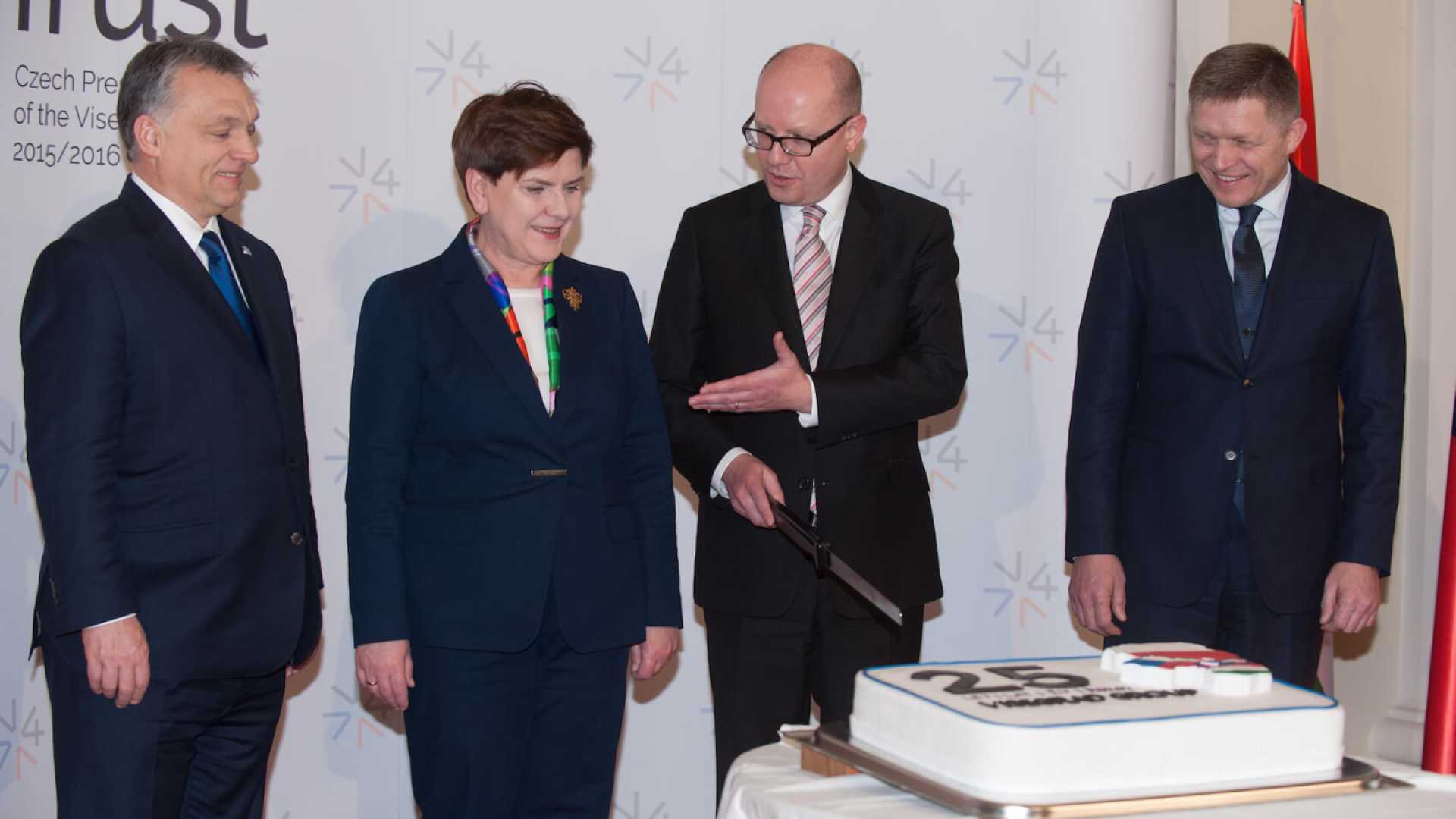News
EU Confronts Internal Challenges Amid Tensions with Russia

European Union member states are facing internal challenges as Hungary’s Prime Minister Viktor Orban and Slovakia’s Prime Minister Robert Fico gain international attention for their controversial positions on key policies impacting the EU’s unity and its relations with Russia. These leaders have taken stances that align with pro-Kremlin narratives, raising concerns about the EU’s ability to maintain a cohesive approach to international conflicts, particularly in Ukraine.
At a recent EU summit held in Brussels, the rhetoric from Prime Ministers Orban and Fico underscored their populist agendas, which some argue threaten the bloc’s collective efforts to counter Russian aggression and uphold democratic values. Fico has openly resisted Ukraine’s potential NATO membership, stating, “as long as he is in power,” Ukraine’s accession is off the table. This statement has been perceived as undermining NATO’s unified stance on Ukrainian sovereignty.
Meanwhile, Viktor Orban has continued to voice skepticism towards the European Union, positioning himself as a reformer who seeks to redirect the EU’s future. Speaking to a right-wing rally, Orban criticized Brussels’ policies, insinuating that the EU has lost its direction—a sentiment that resonates with nationalist factions within Hungary.
The statements from both leaders have fueled tensions within the EU, with critics arguing that such rhetoric plays into the hands of Russian President Vladimir Putin, further complicating efforts to present a united front against Moscow’s geopolitical maneuvers. Experts have cautioned that EU’s failure to address these divergent voices may embolden other populists within the bloc.
Moreover, there is concern over the EU’s muted reaction to Orban and Fico’s positions. The European Union’s Treaty provides mechanisms, such as Article 7, to sanction member states that violate its core values; however, these measures have yet to be fully implemented, allowing divisive rhetoric to thrive unchecked.
The broader context of these developments also pertains to ongoing discussions about EU’s sanctions against Russia. Both Hungary and Slovakia, under their current leadership, have expressed reluctance to support enhanced sanctions, complicating EU’s foreign policy. This hesitation provides ammunition for Kremlin’s propaganda that suggests a lack of consensus within NATO and the European Union regarding Russia’s influence in Eastern Europe.
For the EU to safeguard its integrity and continue supporting Ukraine, many analysts suggest that decisive action may be required, potentially including the freezing of diplomatic relations with Hungary and Slovakia until their leaders align themselves with established EU values. As the EU grapples with these internal and external pressures, its ability to uphold its democratic principles amidst growing populism will be closely watched.












